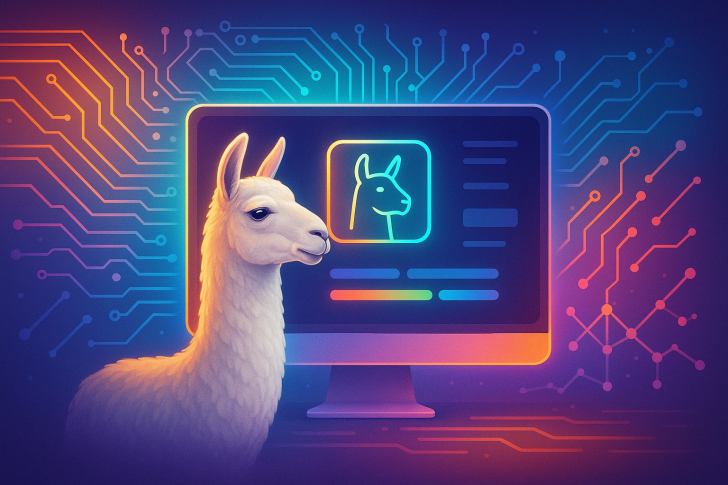● Two prominent tech community members — Clem and Victor M — are drawing attention to the revamped llama.cpp interface, and their excitement is spreading fast. Both are championing the tool's speed, privacy features, and completely offline setup, signaling a broader shift toward local AI as users look for more control over their systems.
● Clem noted that running AI locally is "more efficient and less big brother and free," capturing why offline tools like llama.cpp are resonating with developers and tech enthusiasts. He pointed out that the updated interface runs entirely on a laptop "without needing wifi or sending any data external to any API," making privacy and autonomy central to the experience.
● The feature list backs up the hype. The interface supports over 150,000 GGUF models, allows drag-and-drop uploads of PDFs, images, and text files, and lets users branch and edit conversations on the fly. Clem also highlighted that users can run parallel chats, process images, render math and code, and use JSON-schema-based constrained generation — capabilities that used to require cloud platforms but are now fully available offline.
● Another tech voice was equally enthusiastic, calling the new llama.cpp UI "a blessing for the local AI world." They described it as "blazing fast, beautiful, and private," combining strong performance with clean design and strict privacy standards. They also praised the straightforward installation process and credited the open-source community for creating something both accessible and powerful: "easy setup + open-source + community-built."
● Together, these voices paint a picture of llama.cpp's upgraded interface as a real step forward for local AI. With its extensive features, complete offline functionality, and clear privacy benefits, llama.cpp is emerging as one of the top choices for users who want fast, secure, and self-contained AI workflows.
 Usman Salis
Usman Salis

 Usman Salis
Usman Salis


